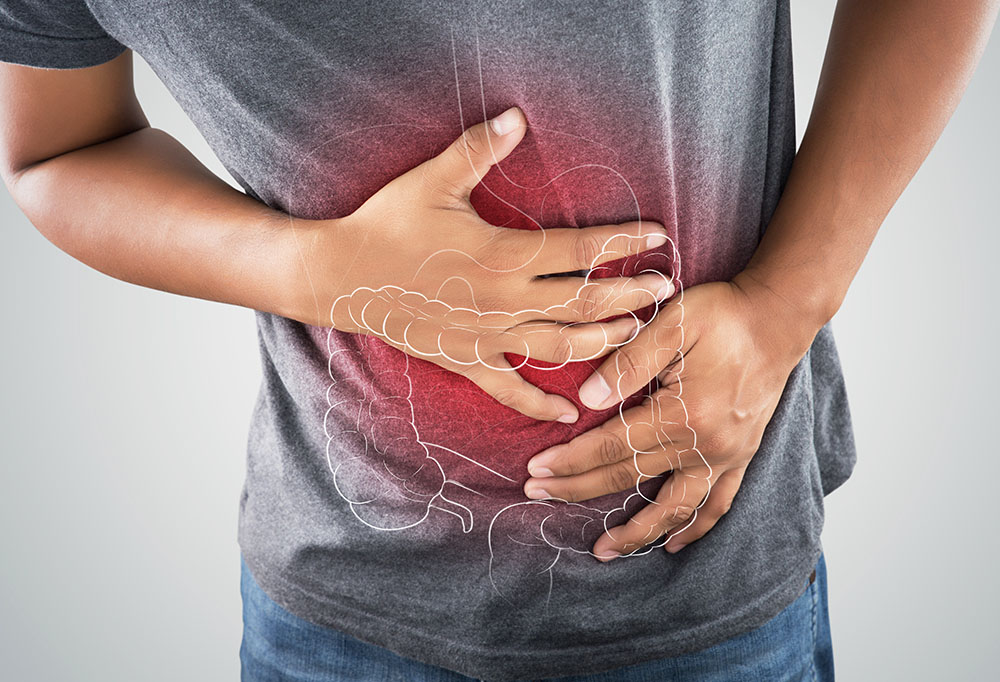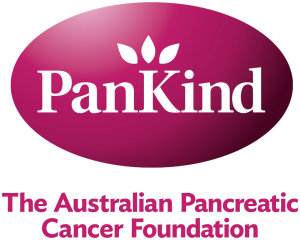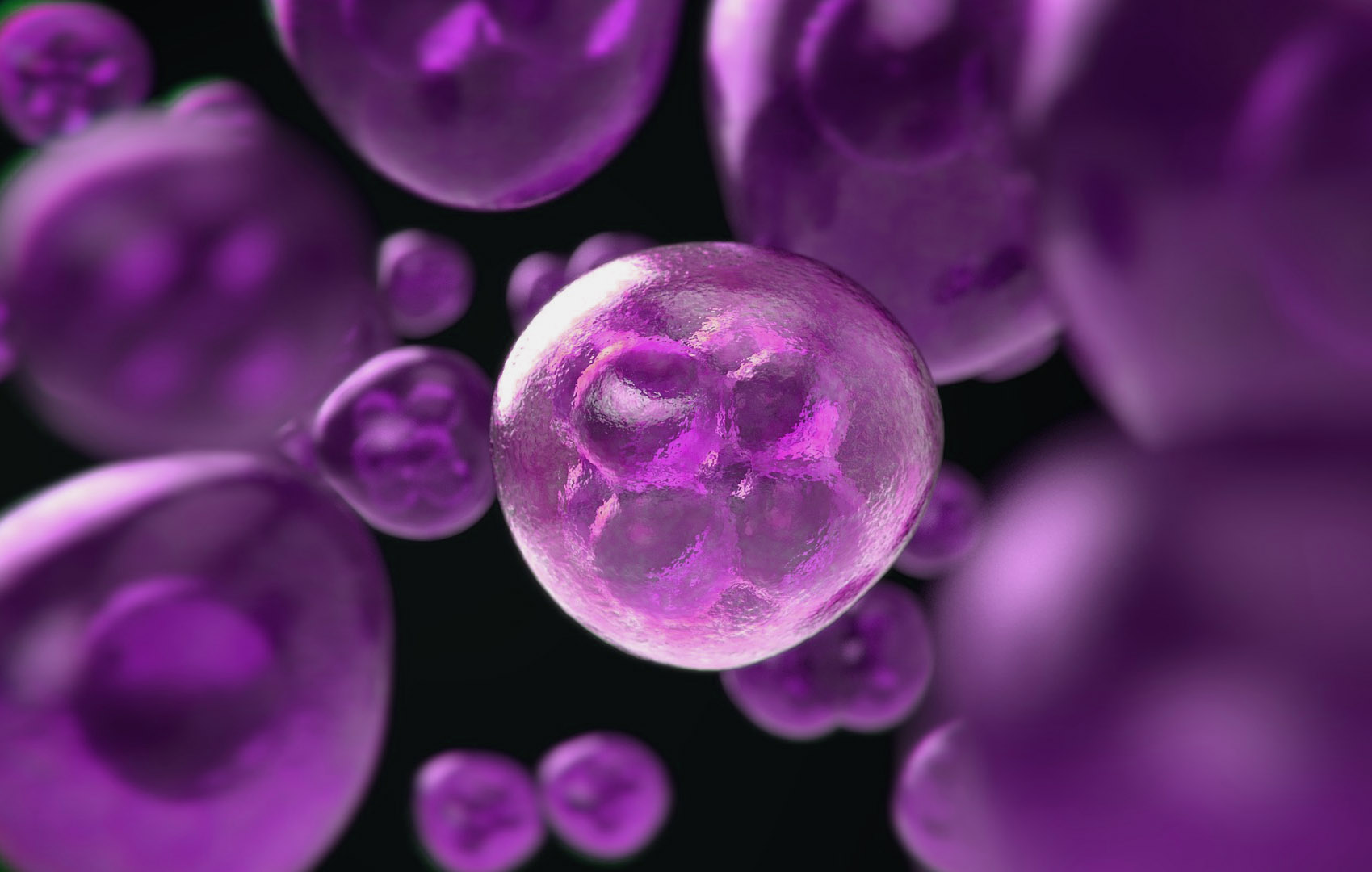Signs & Symptom Details

Symptoms can also be vague and come and go with varying severity for each person. The symptoms listed below do not necessarily mean that you have cancer and can be caused by other, less serious conditions.
However, if you are persistently experiencing any or several of the following symptoms we urge you to see your doctor and reference pancreatic cancer. If pancreatic cancer is found early, it is more treatable.
Signs and symptoms of pancreatic cancer
Abdominal and mid-back pain
May be caused by the tumour pressing against, or invading nerves or organs near the pancreas, or blocking the digestive tract.
Unexplained weight loss
Cancer-induced weight loss (also known as cancer cachexia) is a complex problem that affects the way the body uses calories and protein.
Unexplained weight loss may result from the body burning more calories than usual, breaking down muscle, or a decrease in appetite. Weight loss can occur without any pain or apparent change indigestion.
Yellow skin or eyes
Yellowing of the skin, eyes or both (jaundice) is caused by excess bilirubin (a component of bile) in the blood. Jaundice can also result in itchiness of the skin, abnormally dark urine, and light or clay-coloured stools.
Change in stool
Many pancreatic cancer patients experience diarrhea, constipation or both.
Diarrhea consisting of loose, watery, oily or foul-smelling stools can be caused by insufficient amounts of pancreatic enzymes in the intestines. This leads to malabsorption and undigested food passing quickly through the digestive tract.
Constipation is also a common problem, particularly in patients taking pain medications. These medications slow the passage of food through the intestines. If the digestive system works too slowly, it can cause stools to become dry, hard and difficult to pass.
New-onset diabetes
Diabetes is a condition where the body can not properly regulate blood-sugar levels, due to either not making, or properly using the pancreatic hormone insulin. The sudden onset of type 2 diabetes in people over the age of 50, particularly those who have a low body mass index (BMI), experience continuous weight loss or do not have a family history of diabetes may be an early symptom of pancreatic cancer.
A sudden change in blood sugar levels in diabetics who previously had well-controlled diabetes may also be a sign of pancreatic cancer.
Digestive problems
May include poor appetite, nausea, indigestion, heartburn and vomiting. This may be due to the tumour pressing on the stomach or small intestine, changes in pancreatic enzyme production or a blockage in the duct through which the enzymes flow.
Loss of appetite
Pancreatic cancer can decrease appetite or change the way food tastes.
Mood change
Research suggests that anxiety and depression can manifest before a pancreatic cancer diagnosis.
Blood clots
Cancer causes changes in the blood that can increase the likelihood of forming clots. Blood clots may go unnoticed and cause no symptoms. However, they are often associated with swelling, pain and tenderness in the affected area.
Itchiness of the skin
Jaundice can result in itchiness of the skin.
Tiredness
If you are concerned about your health, please speak to your doctor.
Always consult your doctor or health professional about any health-related matters. PanKind does not provide medical or personal advice and is intended for general informational purposes only. Read our full Terms of Use.
Thank you to the clinicians, researchers, patients, and carers who have helped us create and review our website information and support resources, we could not have done it without you.







